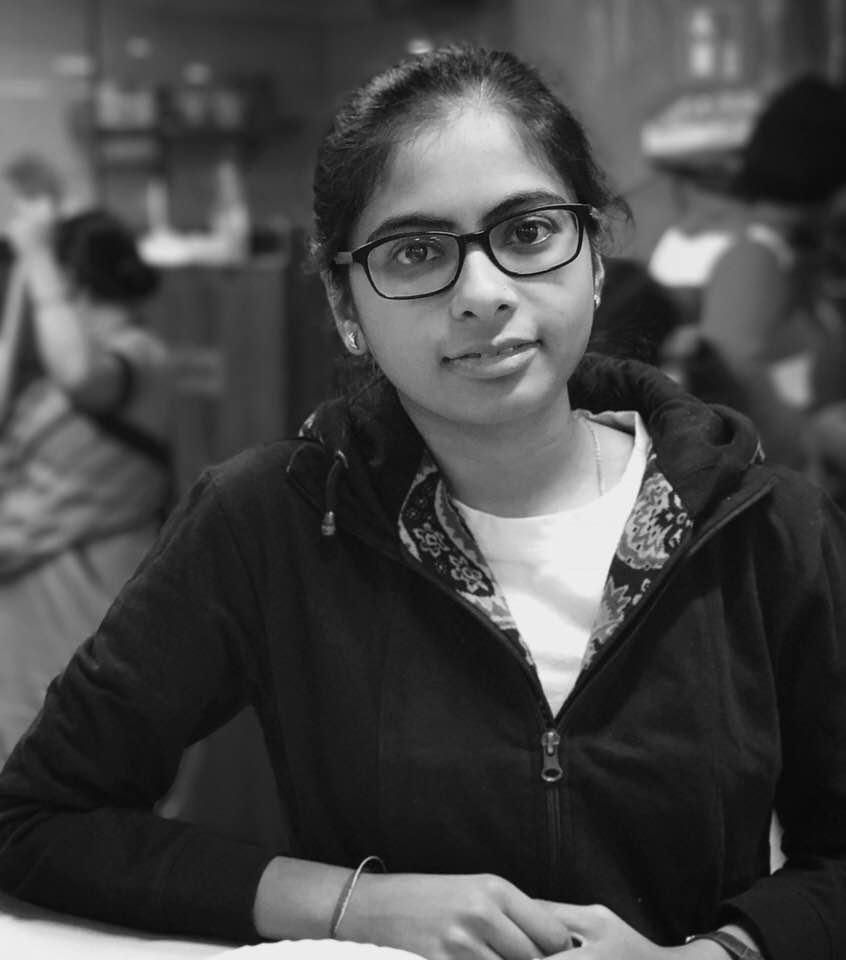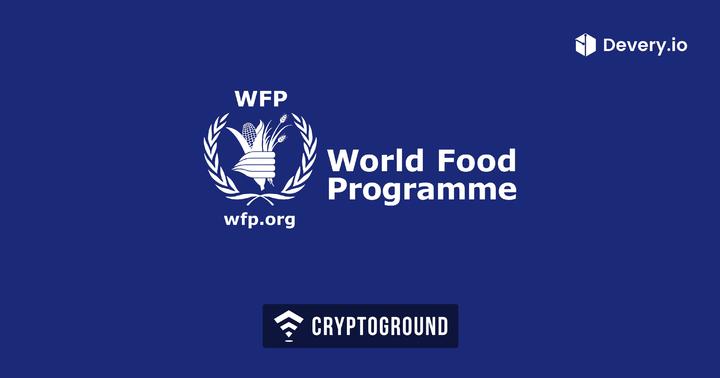A blockchain-based start-up, Devery implements blockchain based supply chain tracking systems. It has successfully built a protocol which is a decentralized verification platform that enables marking and tracking over the Ethereum network possible. As per the recent reports, the startup has signed an agreement with the Tunisian Ministry of Education. Devery will help develop a blockchain integrated tracking system for a school meals programme for the country. The programme is currently managed by United Nation’s World Food Programme and looks forward to embrace appropriate implementation. The Tunisian government offers one fresh meal a day to underprivileged students in its primary and secondary educational system as a part of school meal programme. The meal programme currently serves approximately 6,000 schools.
Confirming the news, Andrew Rasheed, founder and CEO of Devery said,
"Blockchain technology has the potential to impact billions of people through bridging the gap between the physical and digital world. Ensuring the safe delivery of the food to children via blockchain technology is a cause we truly believe will impact the lives of many to come."
Devery will provide the technical advisory and development capability to build an accountable, and transparent, system of tracking meal deliveries. The system is also said to have a feature to report issues directly to the Ministry in real time.
A fragment of this agreement involves assuring schools have an adequate supply of meals for those students that require them. In achieving these goals, the key measures of success for the programme is an ability to track the delivery of the meals as well as possible aspects on the best utilization of funds. The initial implementation involves the roll out of a scheme to feed 1,500 primary school children. The ultimate goal, if the trial is successful, is to roll out this scheme to all 400,000 Tunisian school children currently receiving food assistance.
Maria Lukyanova, the United Nations World Food Programme Representative and Head of Country Office for the Republic of Tunisia stated,
"This project is allowing us to explore how supporting innovation, through the introduction of solutions based on blockchain technology, can contribute to strengthening the effectiveness and efficiency of the Tunisian national school meals programme."
While blockchain is experimented in various industries, this is currently one of the most speculated projects of the technology specially transparency is challenging to maintain in such programs. If this initiative succeeds, the World Food Programme desires to use the technology developed to assist in other ambitious missions around the world.
























